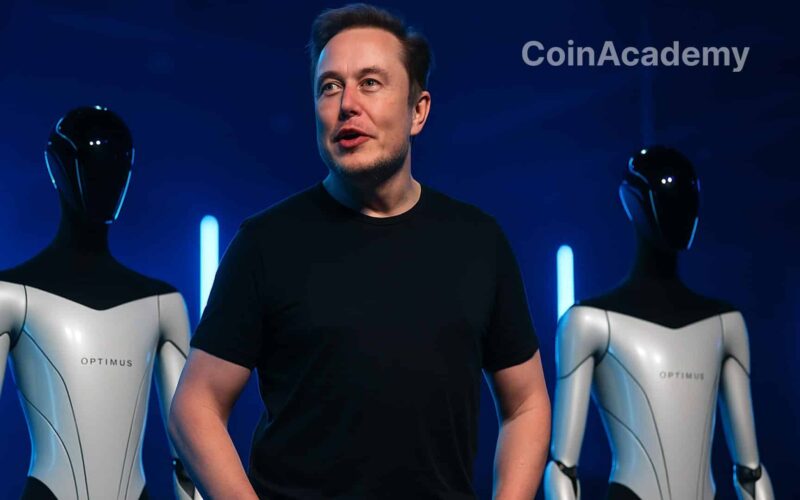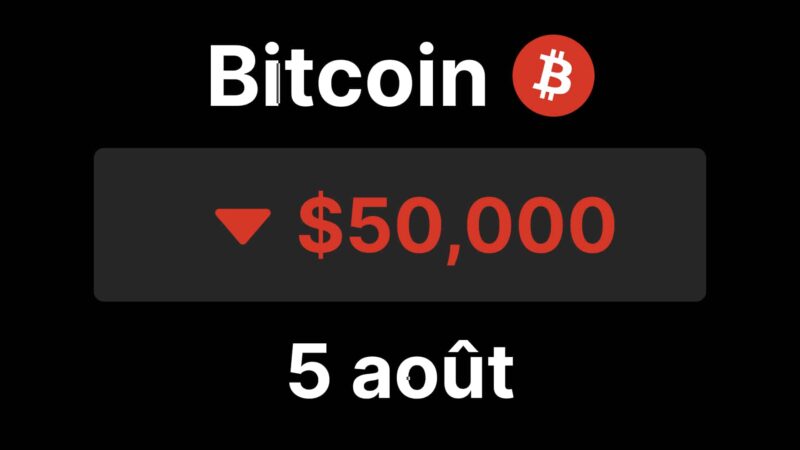The shareholders of Tesla have approved, by a margin of 75%, a remuneration plan that could yield up to $1 trillion to Elon Musk, contingent on extreme growth and valuation targets.
A reward equivalent to $1 trillion: the stakes behind the figure
The plan stipulates that Elon Musk could potentially receive the equivalent of $1 trillion in stocks if all objectives are met. This could lead him to control up to 25% of Tesla and increase his own stake to over 12%. The targets are ambitious: achieving a valuation of $8.5 trillion, increasing net profits by a factor of 24 to $400 billion, and selling millions of robots and autonomous driving subscriptions. A plan clearly focused on “hyper growth”.
What really underlies this vote? Control + vision = winning formula
This success is not merely financial. It reflects the shareholders’ commitment to Elon Musk’s vision and what he embodies. Despite warnings about the “key person risk” and the concentration of power in one individual, investors have chosen to preserve stability rather than take a risky bet on another leader.
A futuristic atmosphere at the assembly, immediate vision of the future
During the meeting at the Tesla factory in Texas, Elon Musk appeared amid cheers, in a techno show atmosphere with “Optimus” robots, neon lights, festive boa: everything was there. He unfolded his vision: autonomous vehicles, sales of robot surgeons, omnipresent artificial intelligence. “Optimus is a bit like an infinite glitch of money,” he announced, inviting Tesla shareholders to…“keep them”. The message is clear: Tesla no longer just wants to sell cars. It wants to own tomorrow.
But critics are speaking out: “it’s a reward for power, not performance”
Meanwhile, some have voiced criticism against this system. The Norwegian sovereign wealth fund, with a 1.1% stake, denounced a scheme that is too generous and risky for shareholders. “It’s compensation for unchecked power, not performance,” a public actor thundered. The fact is that the objectives are immense… and the pitfalls just as high.
A 10-year roadmap, without salary or traditional bonus
In an uncommon move, Elon Musk will not receive a salary or traditional bonus. His rewards are entirely tied to shares, contingent on meeting conditions. This mechanism paints a very clear picture: he is “playing for the company”. If Tesla does not exceed the set boundaries, he gets nothing. If the bet pays off, the return will be colossal. For investors, it’s a strong signal: “we’re all in this bet”.
The shareholders have placed a significant bet. The challenge now is for the bet to stand. And for Tesla, with Musk, to turn these ambitions into tangible results before the bubble of anticipation becomes a trap.




